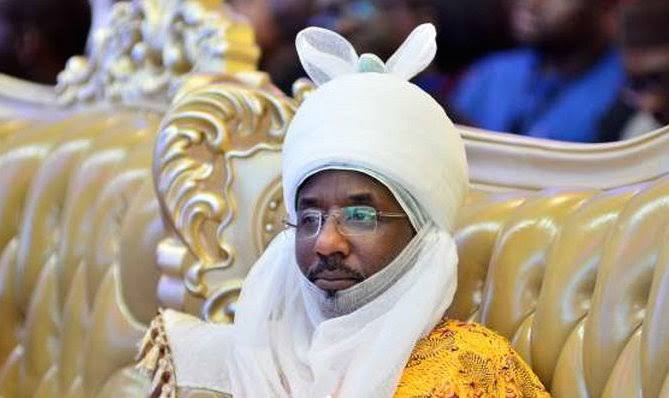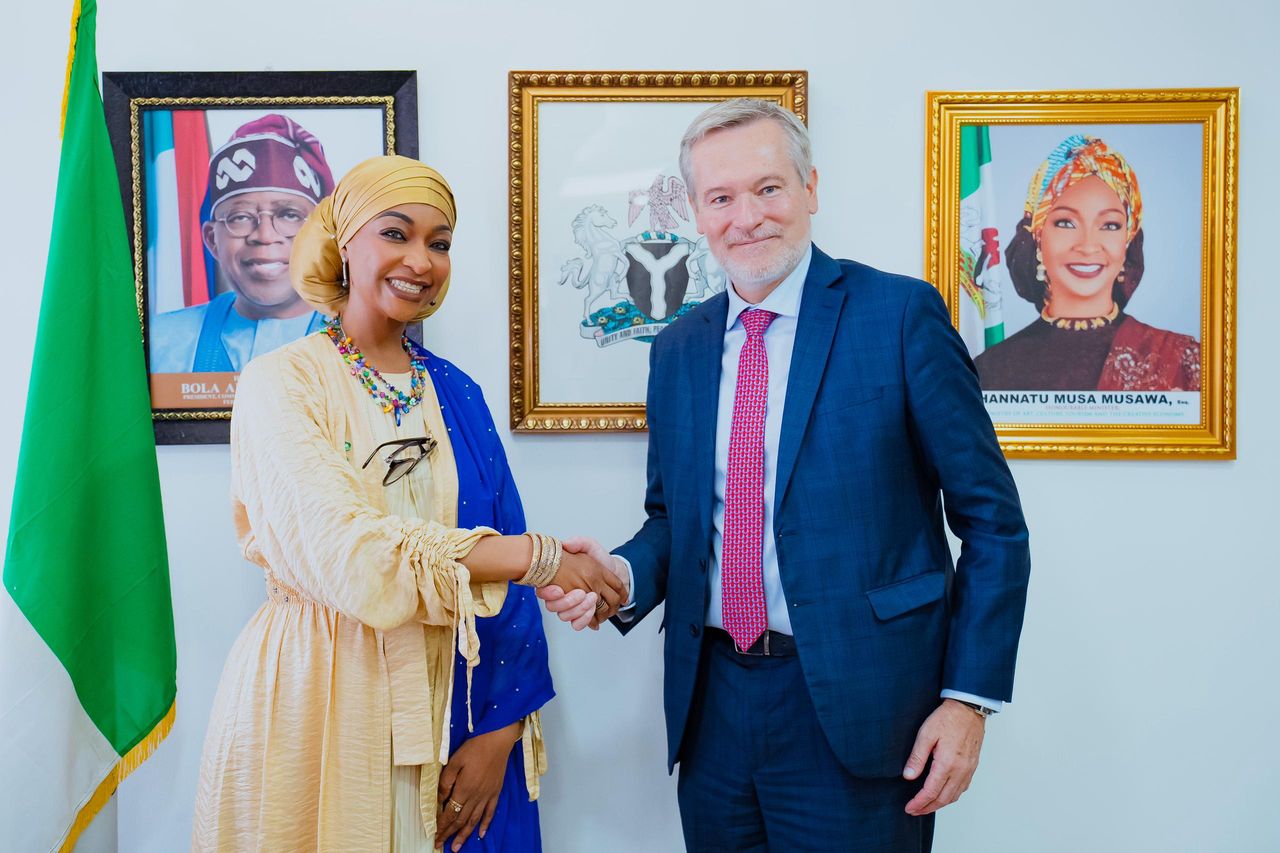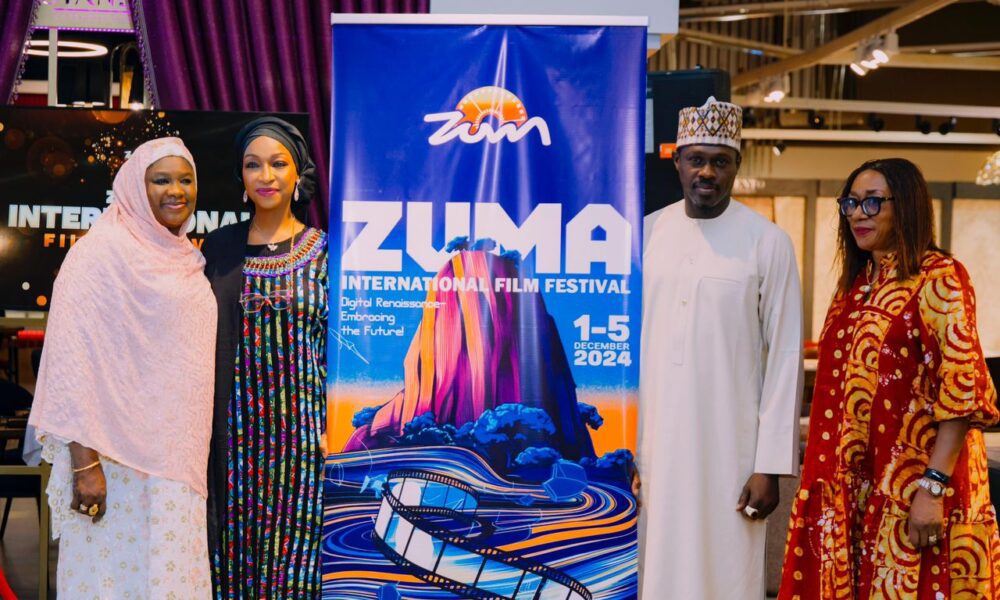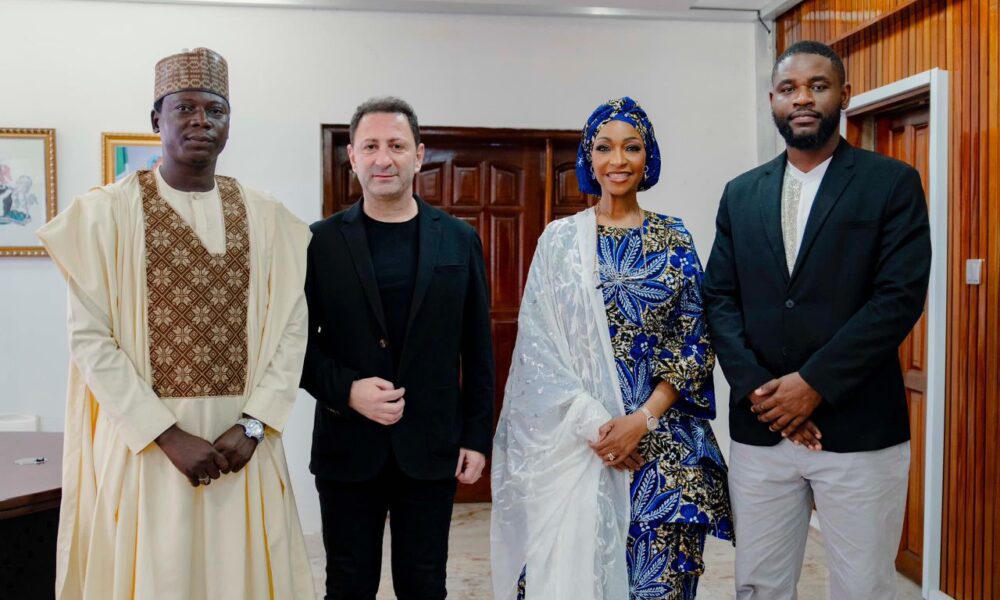By Ibrahim Sani Shawai
In 2011, Muhammad Sanusi II, also then referred to as Sanusi Lamido Sanusi (SLS) was named the World’s Best Central Bank Governor of the Year by The Banker Magazine and in its remarks, the magazine said the judging panel acknowledged that few names achieve consensus on any judging panel, adding that: “When it came to finding the best global central bank governor of the year, Mr. Sanusi was chosen unanimously.” The magazine lauded his “radical anti-corruption campaign,” which “salvaged a crumbling financial sector,” and “reforms that have put Africa’s most promising market back on the map for investors.” That is the stuff Mr Sanusi is made of, a trailblazer, an achiever per excellence, a solution-driven personality, and dependable leader who is ever willing to bring about positive change wherever he finds himself.
His kind is highly sought anywhere in the world, and having such a fellow is nothing but a blessing and a pride to any state or nation.
Mr. Sanusi is one of the most instantly recognizable figures in Northern Nigeria and the country at large especially in recent history and one of the very few that the common man can trust as their ally.
The stylish central bank chief before becoming Emir has served his fatherland meritoriously, leaving his garment without stain or blemish as the then Nigeria’s central bank chief. He is globally known with mass reforms in the country’s financial sector and till date has continued to make presentations on the state of the Nigerian economy without fear, reeling out statistics that are not only accurate but those that most Nigerian leaders would have preferred not to be in public domain.
He is fearless, bold, cannot be intimidated or cowed by circumstances or personality, brewed in courage, highly respected by the high and mighty yet in spite of this and his royal blood, he is as humble as a dove.
Under his leadership at CBN, Sanusi who was reputed for his fashion sense within corporate spheres, wearing either a bow tie or Mao suit, investigated top bank chiefs and jailed a number of them; the apex bank also took over a number of local banks as a measure of protecting depositors especially the poor who may not have the means for any lengthy legal battle to seek redress.

Muhammad Sanusi II who is from the religious and historic region in the centre of Nigeria’s northern state- Kano is known for taking some of the boldest and toughest decisions in streamlining the Nigerian economy particularly its banking sector, a man most Nigerians would have preferred to be the President of the country to right the wrongs in the leadership of the country towards closing the gaps between the poor and good governance.
As a true son of Kano State, his achievements and boldness in engaging challenging discourse that could shake the political and economic tables in the country for the good of the country is never in short supply; he is one fellow that is as patriotic as the true definition of our national anthem.
His royal highness, the Emir of Kano is a thorough-bred when it comes to education and such had earned him several awards. Mr. Sanusi, after childhood Qur’anic studies and elementary school, entered King’s College Lagos, then earned a bachelor’s and master’s degree in economics at Ahmadu Bello University, Zaria — where he also taught economics. In 1985, he launched a distinguished banking career at ICON Ltd. Merchant Bankers, a subsidiary of Morgan Guaranty Trust and Baring Brothers. Later, he joined United Bank for Africa, running its credit and risk management division and then rising to the position of general manager. In June 2009, Nigerian President Umaru Musa Yar’adua appointed Sanusi governor of the central bank.
Mr. Sanusi who was named the first Forbes Africa Person of the Year (POY) in 2011, is a strong believer in the essential goodness of Nigerians. This is why he had been involved in countless philanthropic acts just to better the lives of the ordinary man. His philanthropic acts had touched the rich and the poor alike, cutting across ethnicity, religious and political groupings.
As the Emir of Kano, he is well-placed in far reaching position to leverage his wealth of knowledge to provide the much needed guidance that will benefit the people of Kano State and Northern Nigeria, being the second most powerful Muslim leader, ranking only behind the Sultan of Sokoto.
His Highness, Mr. Sanusi II, as the 14th Emir helped stabilized the political, religious and traditional atmosphere in the state before he was deposed in 2020.
Well, since his deposition followed due process and was in compliance with the Kano State Emirate Council Law 2019, Mr. Sanusi being a man of peace didn’t fight anyone or tried to force himself on the throne, instead he towed the path of peace and left the state without being dramatic about the issue as it is being witnessed today.
In 2024, the will of the people prevailed as the same law was repealed and Sanusi was reappointment as the 16th Emir of Kano to the admiration of millions of Nigerians and this has given hopes to the people of Kano, because he is the people’s delight and demand. Mr. Sanusi laid a good example of a leader who respects the law and wants the peace of his Emirate and that was why his deposition didn’t create any drama but his reappointment is difficult for those who have been deposed by the same law that enthroned them; they ought to have learnt from the law-abiding and peace-loving 16th Emir of Kano.
With an Emir like Sanusi, Kano and Nigeria has a whole lot to benefit and it is in this regard that all hands must be on deck to support him for the benefit of the people and the country.
As to why Sanusi was reinstated, Governor of Kano State, Abba Kabir Yusuf, said the reinstatement of Sanusi Lamido Sanusi II, symbolized the restoration of the revered legacy of the Kano emirate, which has withstood the test of time of over a thousand years.
Mr. Yusuf added that the decision was in the best interest of the state and its people, and most people shared that same opinion as the governor. The truth is, it is not just about SLS but about history and tradition and the need to preserve the rich cultural heritage of Kano for posterity to know and appreciate our rich historical wealth especially as it exist in proper perspective.
The governor further said that the return of Muhammad Sanusi II back on throne would propel peace and prosperity and restore the lost glory of the state and its rich cultural heritage; this is fact as the governor is only re-echoing the voice of millions of people in Kano and Northern Nigeria.
The truth is, with the calibre of person SLS is, the people need him more in today’s Northern Nigeria and even in the country at large. With the increasing rate of poverty and knowing the fact that Emir Sanusi hates poverty and loves his people and their prosperity, there is no better time to have Sanusi as Emir than now and this is why the good people of Kano must own their Emir and protect his throne for him to be able to defend them.
The reality in recent history is that Nigerians are increasing lacking men and leaders who will stand up for them and defend them; those in the South highly revert Sanusi especially in Lagos and some other South West states. If so why will the people of Kano not appreciate the human asset they have in SLS. It is high time Kanawas defended their own because the days are coming when men like SLS would be needed to fetch from the wells of his boldness to tell truth to power.
From the south to the north, you will hardly not find persons who have not benefitted from the benevolence of the technocrat-turned-monarch. Being the present and 16th Emir of Kano is a huge asset that must be harnessed to improve the wellbeing and welfare of Kano and the good people of Northern Nigeria.
The royal father is also well-known for his peaceful disposition to life, he is a leader who prioritises peace and ensures that justice and fairness are upheld at all times in view of their roles in peace-building. SLS is well respected beyond the shores of the country especially in countries neighbouring Northern States.
In this regard, being the current Emir of Kano at a time Northern Nigeria is facing serious security challenge, government and stakeholders now have the opportunity to liaise with the revered royal father to provide the roadmap to a sustainable peace in the region that would help improve the current security situation so that farmers could go to their farms while businesses could pick up in earnest for the north to return to being the commercial nerve centre of Nigeria as it was the case in the past.
Though, SLS is also known for his unconventional views on society and religion but his views are always in defence of the poor and vulnerable in the society.
He has been at the forefront championing the call for a better life for every Nigerian child especially in the North. His counsel on how to address poverty is largely so to ensure that women and children have better standard of living because both are the worst victims of poverty in any society.
Today, whenever we are looking for men and leaders who can hold their own and speak truth to power no matter whose ox is gored, SLS will readily come handy because he is a pride for Northerners irrespective of some minute few who may pretend not to know his societal worth but Nigerians are very much aware that the Emir has the capacity to help build not just the North but the entire country if given the needed platform and support.
Remarkable record of economic transformation for the North is possible with people like SLS who has the capacity even as an Emir to help provide the much needed advice to engineer an economic miracle for the region.
If Northern Nigeria has more of SLS, the region would be a better place and in any case it is time we the Kano people and Arewa’ s appreciate the good name and fortunes that the Emir of Kano, His Royal Highness, Muhammad Sanusi II, has given to the North; we must admire and be proud of the good deeds of the royal father towards a better future for mankind. It is time to own our Emir and stand up for him in the collective interest of the future of Kano. Shawai can be reached via shawai2000@yahoo.com




